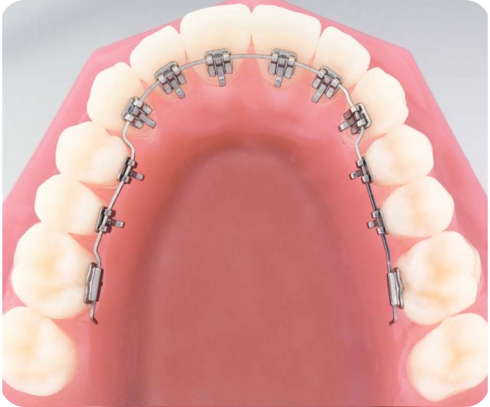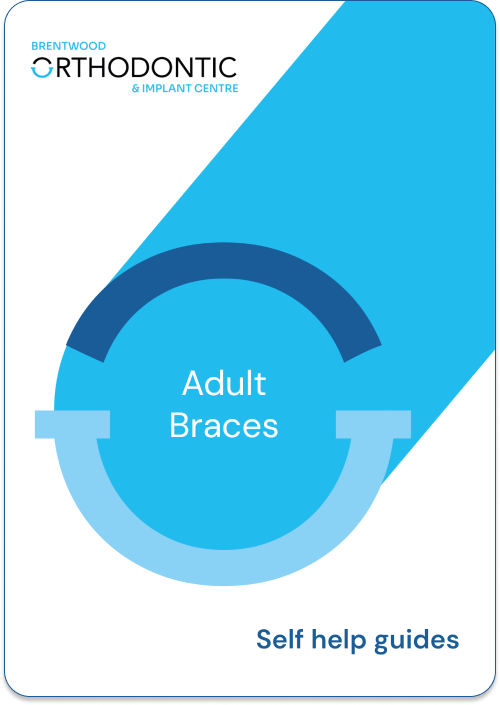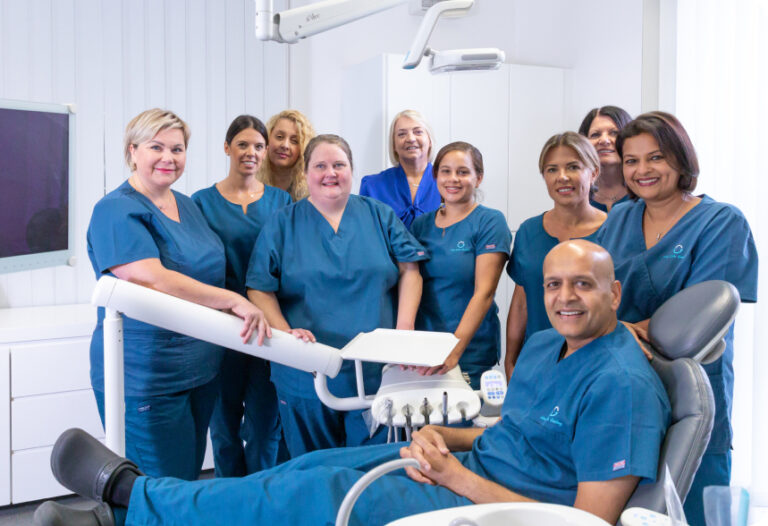Live Life Smiling
There are many benefits to orthodontic treatment
Are you thinking about having orthodontic treatment as an adult?
You might have some questions you would like to ask your orthodontist.
What can I expect from orthodontic treatment?
The benefits of orthodontic treatment can include the following;
- improving your appearance, including your smile,
- correction of dental crowding and straightening of your teeth,
- correction of your bite so the front and back teeth meet together evenly on closing,
- to aid other dental treatment.
Age is not a limiting factor, although the types of treatment may be different in adults.
How visible are the braces?
Fixed braces are available in tooth coloured varieties that blend in with the natural colour of teeth. The wires used to straighten the teeth can also be coated with a tooth colour material to make them less visible. Some tooth coloured braces are not placed on the bottom teeth as they can cause wear to the top teeth. It is also possible to have braces glued on the back of your teeth (lingual braces). These are much less visible but can be more noticeable to the tongue and can cause changes to speech initially. Aligners are clear, removable ‘mouthgaurd’ which fit closely over the teeth. A series of aligners is used to straighten the teeth. They are worn day and night to achieve the best outcome but should be removed to eat and drink. They are often used with tooth-coloured/metal attachments fixed to the teeth.




Is it always possible to have braces as an adult?
Yes, however, certain problems in adults cannot be corrected with braces alone and may require a combination of jaw surgery and orthodontics. If you have tooth decay or gum disease, it is very important to treat this before braces are fitted.
Will I need teeth removed?
If space is needed to straighten teeth or correct the bite, teeth may need to be removed. In certain situations, teeth can be narrowed down in width (interproximal reduction). A detailed assessment with planning is always needed.
If space is needed to straighten teeth or correct the bite, teeth may need to be removed. In certain situations, teeth can be narrowed down in width (interproximal reduction). A detailed assessment with planning is always needed.
How long will treatment take?
Simple straightening can sometimes be carried out in less than 12 months; however more difficult cases can take longer. A short course of treatment can give limited changes. Retainers must be worn to hold the teeth once the braces are finished in order to stop the teeth moving back.
Will it be painful?
It is likely to be sore for 3-5 days each time the brace is adjusted. If necessary, simple painkillers should help. If the brace rubs your lips or cheeks, you can use some wax to help with this.
How often will I need an appointment?
Once the brace is fitted you will need regular adjustment appointments.
Do I still need to see my regular dentist?
Yes, it will be important you attend regular check-ups.
What happens after my treatment?
After the treatment it is advised you wear retainers, a bespoke fixed set permanently behind the teeth and a clear removable pair for at least 8 hours per day.

